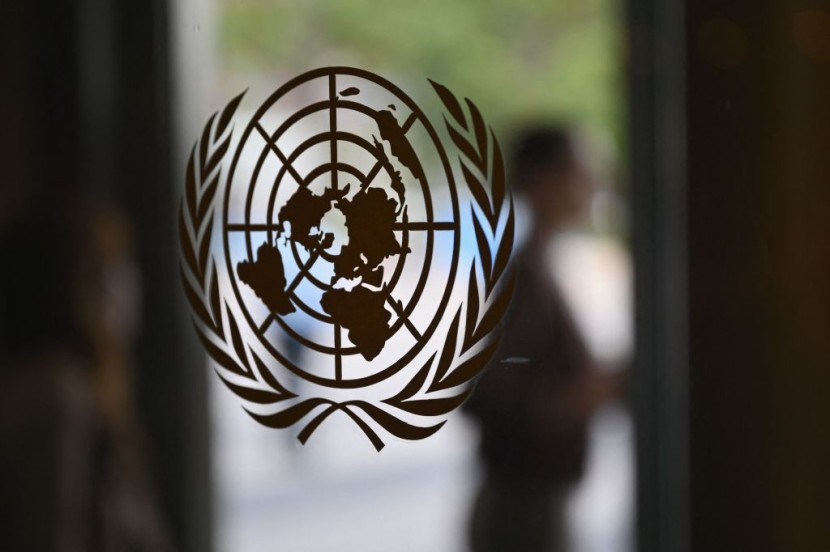A new United Nations assessment showed that countries are wildly off track with their global warming targets.
The UN said that even if countries enact all of their current climate pledges, planet-heating pollution in 2030 would still be 9% higher than it was in 2010. The latest findings reveal a stark gap between the course that countries are currently on and what science says is needed to prevent the most catastrophic impacts of climate change.
Global Warming Targets

The Intergovernmental Panel on Climate Change said that the world needs to reduce emissions by 45% by the end of this decade compared to 2010. This would allow nations to meet the internationally agreed ambition of limiting global warming to only 1.5 degrees Celsius above pre-industrial levels.
Scientists consider this temperature increase as a key threshold beyond which they argue that climate change's effects would become much more difficult for humans and ecosystems to adapt to, as per CNN.
The findings of the latest assessment were published on Tuesday by the UN Framework Convention on Climate Change (UNFCCC). It analyzes individual national plans to slash emissions every year of all the 195 countries that are signed up to the Paris Climate Agreement.
Emissions worldwide are still on the rise despite a dramatic increase in dire warnings from climate scientists. The NDC Synthesis report this year, however, offers a tiny glimmer of hope to call for action. The findings show that the rising trend in emissions is at least starting to slow down and could peak and start decreasing before the end of the decade.
The projections also showed that emissions in 2030 are expected to be 2% lower than they were in 2019 and 3% lower than the estimated levels for 2025. This is primarily because some countries recently boosted the ambition levels of their climate plans.
Unfortunately, the report found that half of the indicators are falling behind to an extent that is so large that efforts need to be expedited twice as quickly to get them back on track. It also showed that six indicators are moving counterproductively to the goal of limiting global warming temperatures, according to DW News.
Limiting Temperature Rise Worldwide
A separate study from researchers based in Saudi Arabia found that the Middle Eastern country could face an "existential crisis." This would threaten food and water supplies along with the health of religious pilgrims during the Hajj.
This situation could be brought about by global average temperatures rising by three degrees Celsius compared to pre-industrial times. That level of temperature rise is on the same level of warming that is projected if every country meets climate goals.
Saudi Arabia is one of the biggest oil producers in the world and it is known to burn oil and other fossil fuels that contribute to the warming of the planet. These release greenhouse gases into the atmosphere.
In the October report, the researchers said that Saudi Arabia faces a momentous choice, which is to either adapt and innovate or suffer the severe and potentially irrevocable consequences of inaction, said the New York Times.
Related Article : UK's Post-Brexit Chemical Regulations To Be Loosened
© 2025 HNGN, All rights reserved. Do not reproduce without permission.








